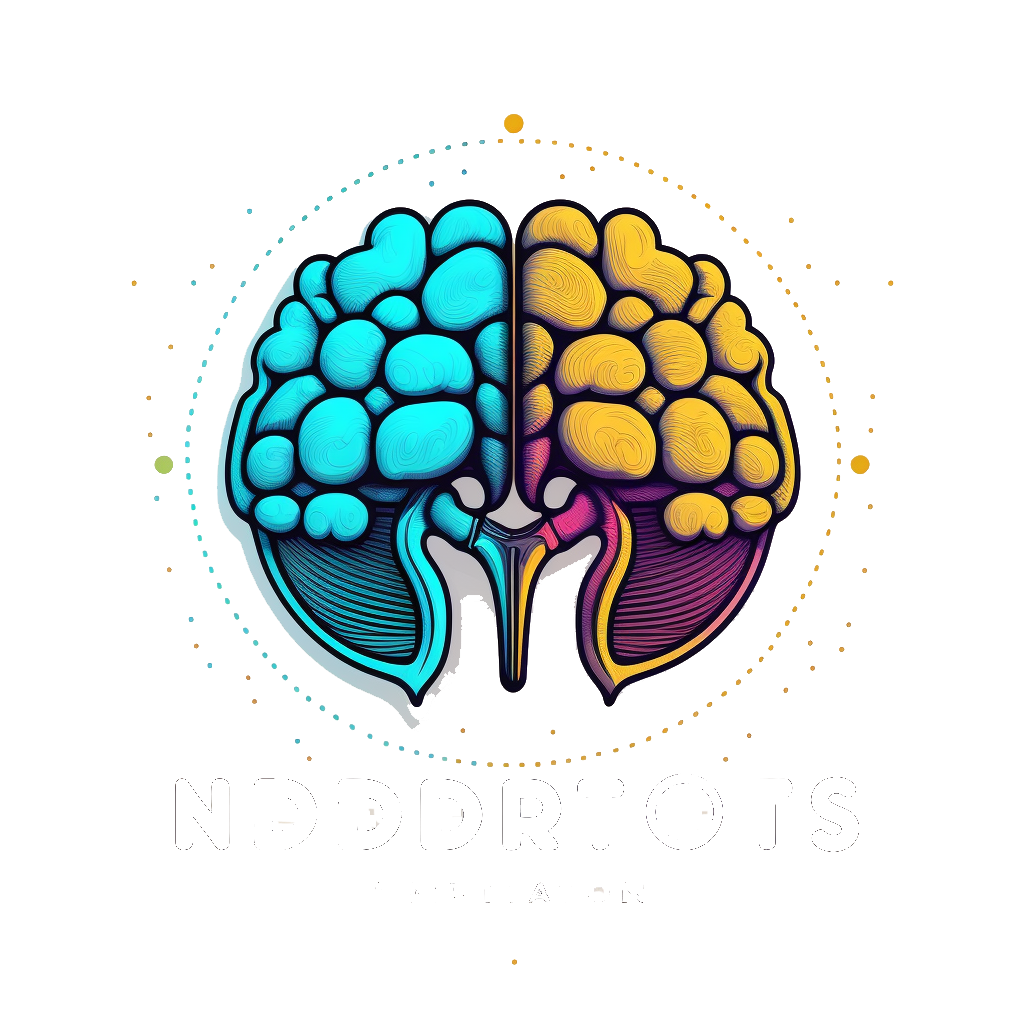Turmeric, known scientifically as Curcuma longa, is a vibrant yellow spice that has been used for centuries in traditional medicine and culinary practices. It is renowned for its active compound called curcumin, which possesses numerous health benefits. In recent years, turmeric has gained attention as a potential nootropic due to its ability to support brain health and enhance cognitive function. In this article, we will explore the origins and history of turmeric, its key benefits as a nootropic, and its potential cognitive-enhancing properties.
Origins and History:
Turmeric is native to the Indian subcontinent and Southeast Asia, where it has been cultivated and used for thousands of years. It has a long history of medicinal and culinary applications in Ayurvedic and traditional Chinese medicine. The bright yellow color of turmeric comes from its active compound curcumin, which is responsible for its potent antioxidant and anti-inflammatory properties.
Benefits of Turmeric as a Nootropic:
- Anti-Inflammatory and Neuroprotective Effects: One of the primary benefits of turmeric as a nootropic is its powerful anti-inflammatory and neuroprotective properties. Chronic inflammation in the brain is associated with cognitive decline, neurodegenerative diseases, and impaired cognitive function. Curcumin, the main active compound in turmeric, has been shown to inhibit inflammatory pathways and reduce inflammation markers in the brain.
Furthermore, curcumin has demonstrated the ability to cross the blood-brain barrier, allowing it to directly interact with brain cells and protect them from oxidative stress and neurotoxicity. By reducing inflammation and oxidative damage, turmeric may support overall brain health and contribute to improved cognitive function.
- Enhanced Memory and Cognitive Function: Turmeric has been found to have positive effects on memory and cognitive function. Studies have shown that curcumin supplementation can improve memory performance, attention span, and overall cognitive abilities. It may enhance cognitive function by increasing the production of brain-derived neurotrophic factor (BDNF), a protein involved in neuronal growth, survival, and synaptic plasticity.
Moreover, curcumin has been found to inhibit the accumulation of beta-amyloid plaques, a hallmark of Alzheimer’s disease. These plaques are believed to contribute to cognitive decline and memory impairment. By reducing beta-amyloid deposition and promoting brain health, turmeric may help preserve cognitive function and protect against age-related cognitive decline.
- Mood Enhancement and Stress Reduction: Turmeric has been reported to have mood-enhancing properties and may help alleviate symptoms of depression and anxiety. Studies have suggested that curcumin can modulate neurotransmitter activity, including serotonin and dopamine, which play key roles in mood regulation.
Curcumin has been found to increase serotonin and dopamine levels in the brain, potentially contributing to improved mood, reduced depressive symptoms, and increased feelings of well-being. Additionally, curcumin’s anti-inflammatory effects may help reduce oxidative stress and inflammation associated with mood disorders.
Culinary and Traditional Uses:
Turmeric has been an integral part of Indian and Southeast Asian cuisines for centuries. It is widely used as a spice, imparting a warm, earthy flavor to dishes. Turmeric is a key ingredient in traditional dishes such as curry and has been used for its culinary and medicinal properties in Ayurvedic and traditional Chinese medicine.
In traditional medicine, turmeric has been used to treat various conditions, including digestive disorders, inflammatory diseases, and skin ailments. Its use as a medicinal herb dates back thousands of years, with references to its healing properties found in ancient texts.
